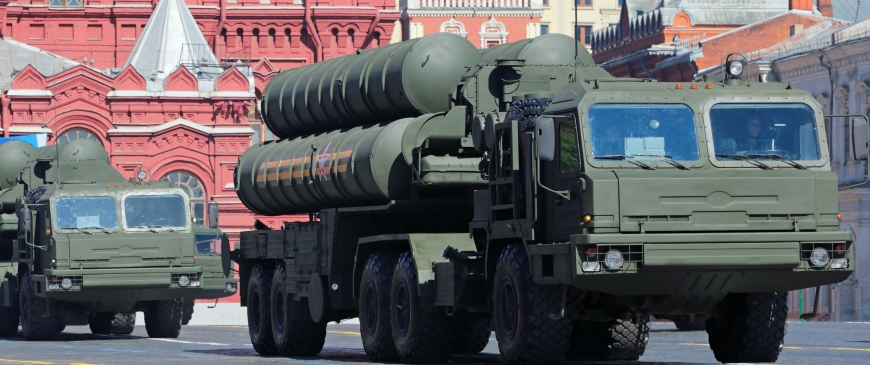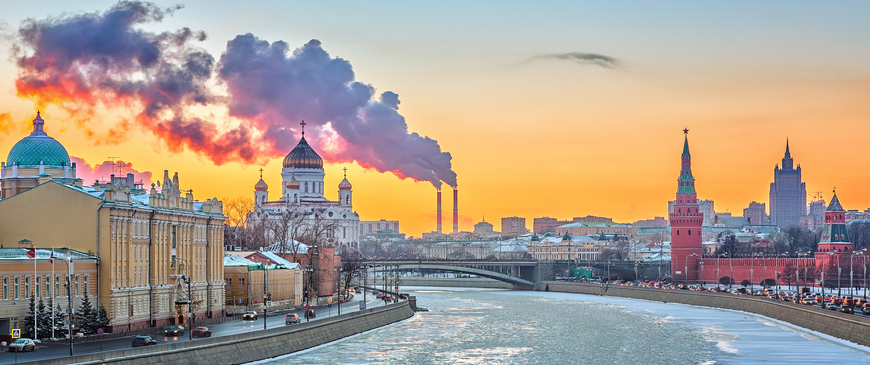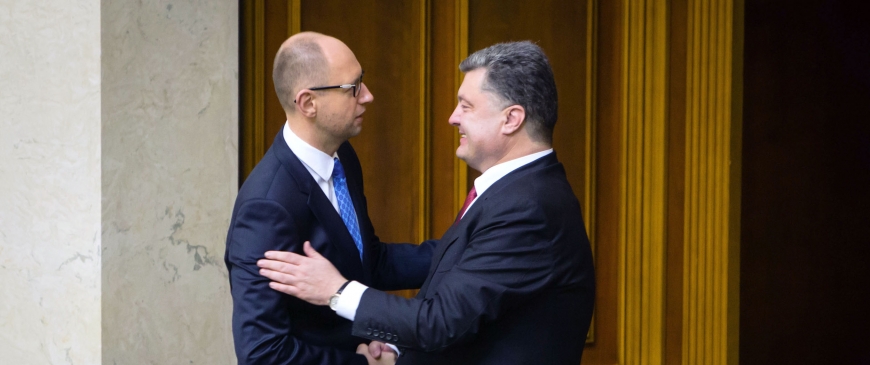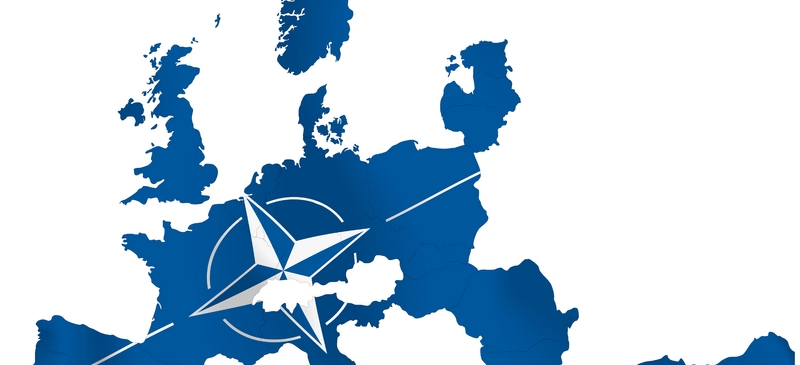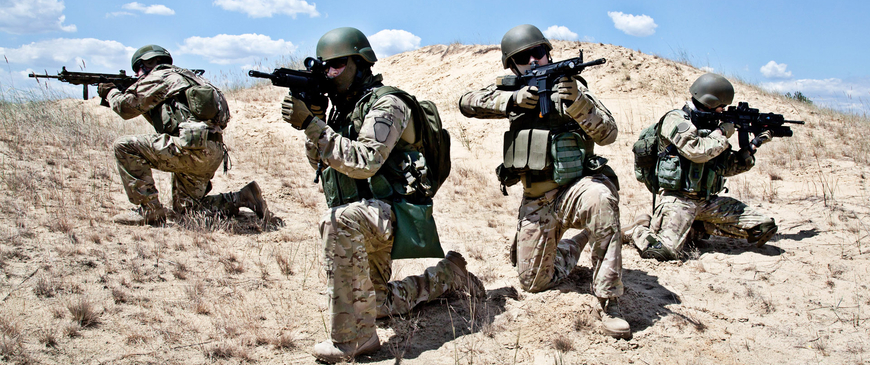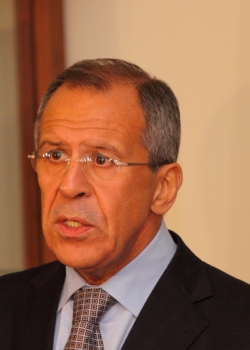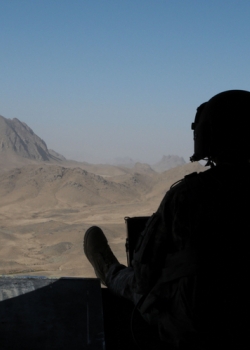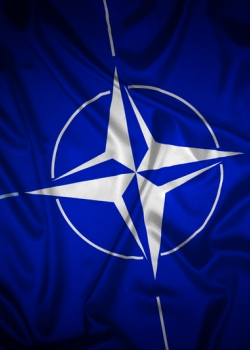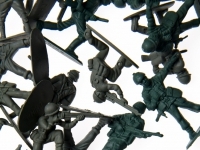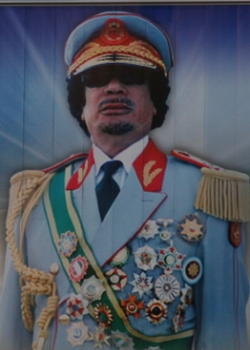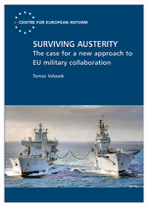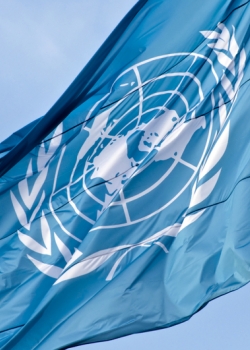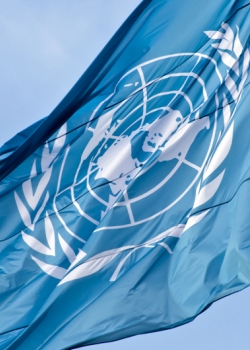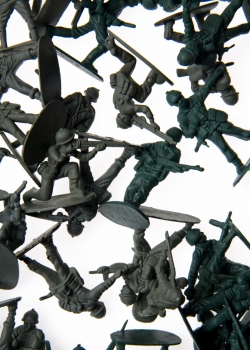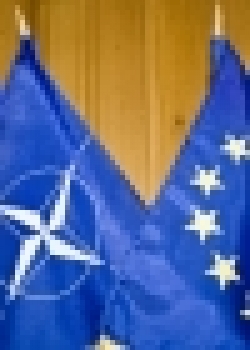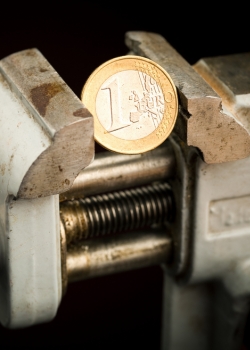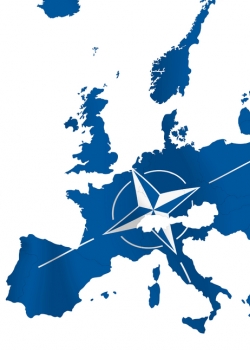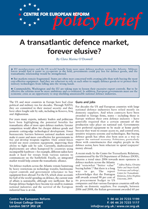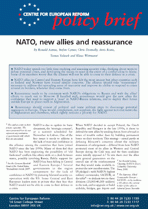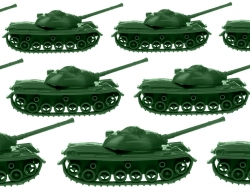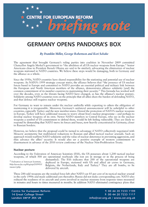NATO and EU defence policy
Russia is not completely wrong about Syria
17 February 2012
The Kremlin may be playing realpolitik and taking pride in blocking the West in Syria, but it has drawn attention to some weaknesses in Western diplomacy.
Why France is leaving Afghanistan
02 February 2012
France has sent a clear message by withdrawing its troops early from Afghanistan: NATO is failing to meet its objectives. The problem lies in Kabul not Paris.
Governments need incentives to pool and share militaries
01 November 2011
Military collaboration among EU countries makes economic sense, but governments will need additional incentives to overcome reservations about initial costs and erosion of national sovereignty.
What Libya says about future NATO operations
26 August 2011
In Libya, the Europeans have for the first time responded to Washington's calls to assume responsibility for their neighbourhood. This should be cause for cautious optimism about NATO.
Race to the bottom
24 August 2011
For decades, European countries cut defence budgets with little worry. The United States kept enough troops on the continent to deter all potential enemies, almost irrespective of how small European militaries became.
Britain draws the wrong lessons from Libya
01 August 2011
When it comes to defence, the United Kingdom is giving up on the EU. For most Britons, the war in Libya has confirmed that the majority of European countries are simply not serious about defence.
EU ministers tackle defence austerity
01 June 2011
How do you do more with less? The EU defence ministers agreed last week that the way to limit the impact of the economic crisis on their defence budgets lies in more co-operation.
Surviving austerity: The case for a new approach to EU military collaboration
22 April 2011
A wave of budgetary austerity is weakening Europe’s defences. The armed forces of Europe will lose important skills and capabilities unless they can find ways of saving money through collaboration. Tomas Valasek examines previous efforts at pooling and sharing, and explains why some succeeded better than others. The formation of...
Europe needs a military avant-garde
01 April 2011
A union of 27 member-states is large and unwieldy. So it is not surprising that sub-groups - formal and informal- are playing a bigger role in managing what the EU does. The Euro Group is emerging as an important institution in its own right, with its own summits.
Issue 77 - 2011
25 March 2011
- Europe needs a military avant-garde, Charles Grant
- The eurozone's grand bargain: Political pain without economic gain? , Philip Whyte
- The EU budget: The Union risks having the wrong debate, Stephen Tindale
What cuts in US defence budget will mean for the transatlantic alliance
15 March 2011
The US defence budget seems set to fall as Washington begins to restore order in its finances. Spending on the military has reached such heights – $700 billion, or 20 per cent of the US federal budget – that it has become too large for deficit-cutters to ignore.
What should NATO’s new strategic concept say about Russia?
09 March 2011
Since the fall of the Berlin Wall, NATO has strived to reduce mutual suspicions with Russia and to build a more co-operative relationship. So it is vexing that 20 years on, Russia continues to view NATO as a hostile alliance.
Britain cannot afford to neglect EU defence efforts
01 December 2010
Britain is showing an unprecedented interest in closer defence co-operation with its European partners. The coalition government in London should be commended for initiating bilateral deals and projects amongst a limited number of EU countries.
Issue 75 - 2010
26 November 2010
- The eurozone enters a critical phase, Simon Tilford
- The next five years of the euro crisis: Five key questions, Charles Grant
- Britain cannot afford to neglect EU defence efforts, Clara Marina O'Donnell
Membership for Russia a step too far for NATO?
08 July 2010
There are growing signs that Russia’s relations with NATO are on the mend. Senior Russian thinkers, some close to the government, have been cautiously talking up the possibility of Russia joining the alliance, as have several western officials and think-tanks (including the CER.)
A transatlantic defence market, forever elusive?
01 July 2010
Despite close political and military ties across the Atlantic, defence markets are fragmented by burdensome export controls and government reluctance to buy equipment from abroad.
NATO, new allies and reassurance
12 May 2010
NATO spends too little time thinking about potential conflicts close to home and developing the means to react. Some of its members – mostly in Central and Eastern Europe – worry that the alliance would not be able to come to their defence in a crisis.
Britain explores sharing defence equipment with Europe
15 February 2010
With its public finances under growing strain, Britain may soon be forced to look at saving defence costs by pooling its military assets with those of its allies. The decision will not be taken until after the next general election (which will probably be held in May 2010). In the meantime, however, the issues at stake have been set out in a report published by the ministry of defence on February 3rd.
Germany opens Pandora's box
08 February 2010
In November 2009, the German government called for the removal of all US nuclear weapons from Germany. But Germany should not claim protection from NATO's nuclear umbrella without sharing the risks associated with hosting nuclear weapons.
NATO, Russia and European security
06 November 2009
Countries in Europe's east and north worry that Moscow is blundering into a confrontation with NATO. They have begun demanding that the alliance start preparing for a possible conflict. But are they right to be concerned?

